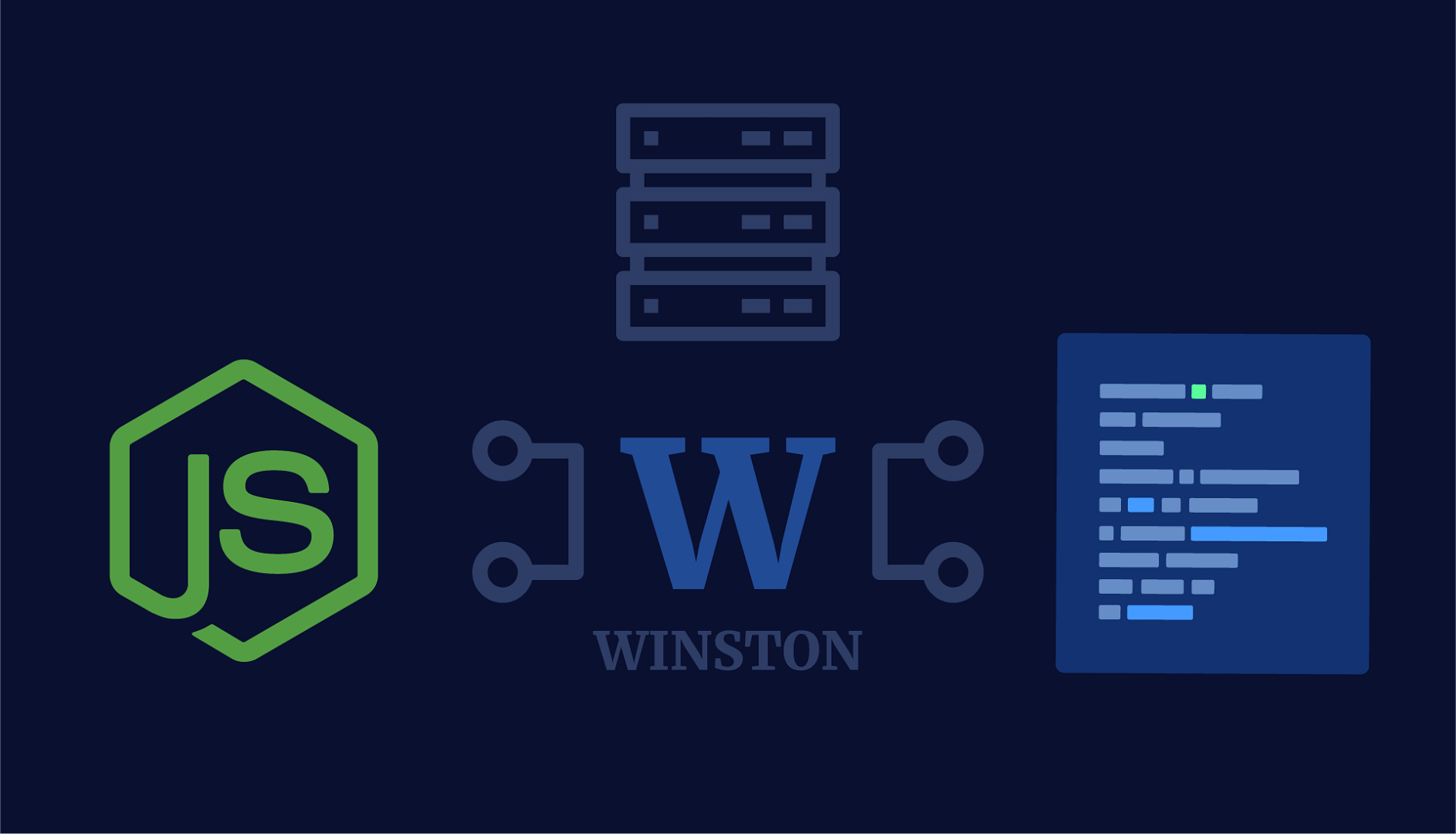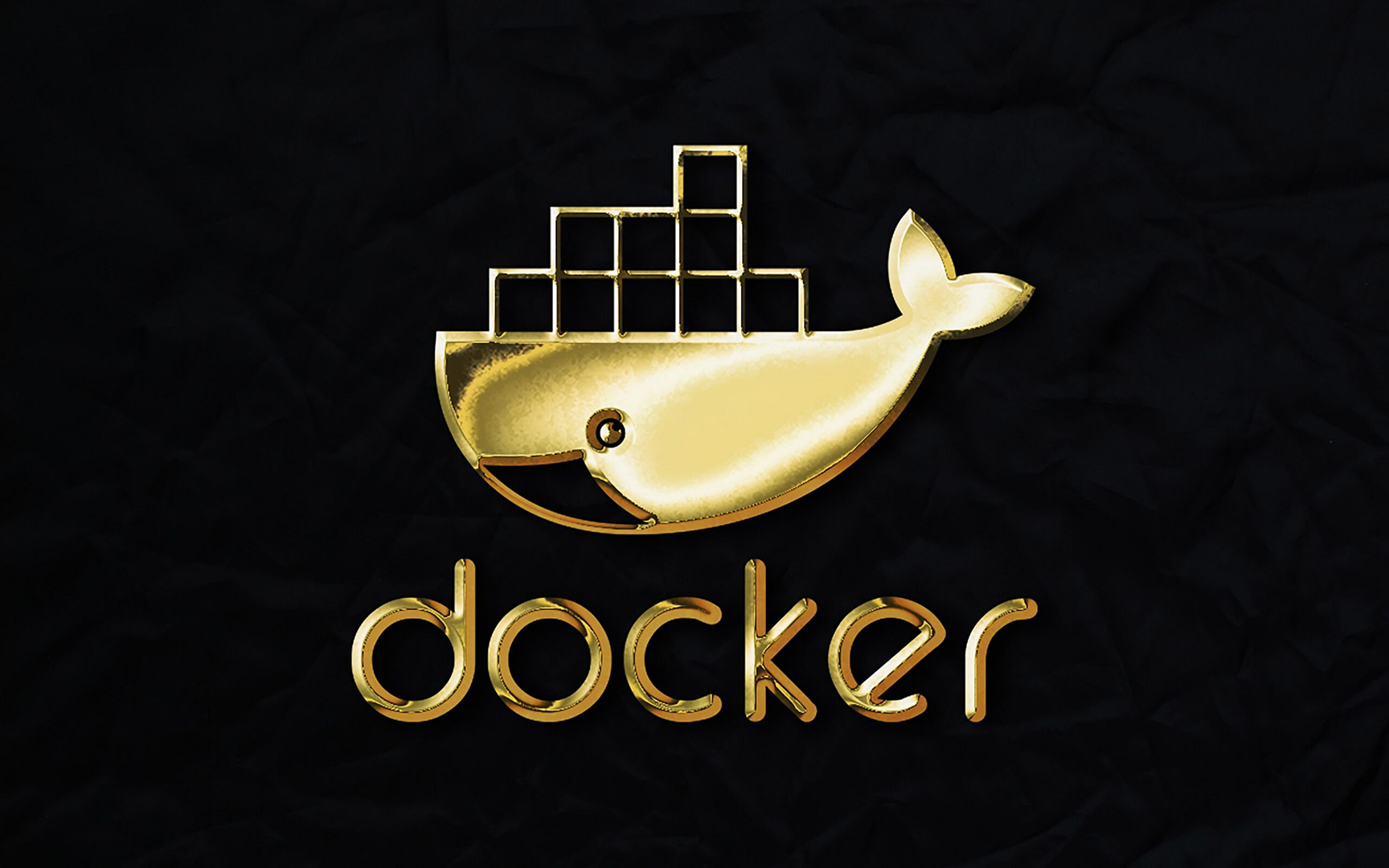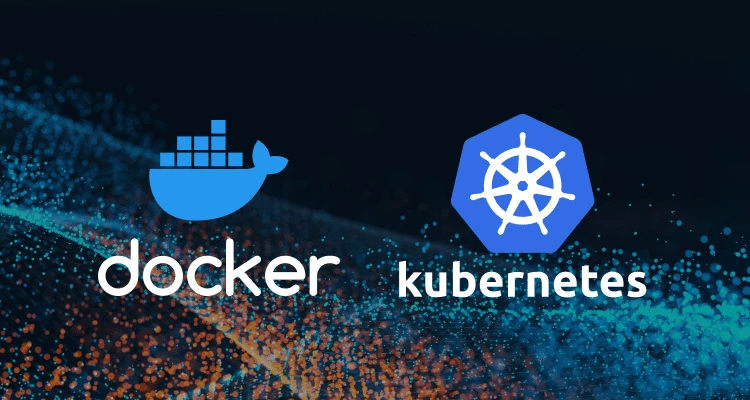
Blog Articles
Microservices Architecture with Node.js and Docker
Table of Contents
Introduction
As a leading force in the tech industry, we specialize in a wide array of services tailored to meet the diverse needs of businesses across various sectors. From custom financial software development to expert iOS mobile app development, microservices our company is dedicated to delivering top notch solutions that drive innovation and efficiency.
In the ever evolving landscape of healthcare, we take pride in our expertise in software development for healthcare. Our commitment extends to providing healthcare custom software development that addresses the unique challenges and requirements of the industry. Additionally, our expertise in cross platform mobile app development services ensures that healthcare applications are accessible across devices, offering seamless experiences for both professionals and patients alike.
For those in the finance and banking sector, our prowess as a banking software development company is incomparable. We cater to the specific needs of financial institutions with precision, offering custom solutions for streamlined operations. Explore our comprehensive suite of financial software development services to elevate your institution’s capabilities and stay ahead in a fast paced industry.
We’re not limited to a single domain; our services extend to various sectors. Whether you’re seeking custom enterprise software development solutions or require a reliable travel software development company for your tourism business, our expertise spans across industries.
Our commitment to excellence is reflected in our robust QA software testing services. We understand the critical importance of flawless software, and our dedicated team ensures that every solution undergoes rigorous testing before reaching your hands.
Partner with us for your Android apps development, iOS development services, or any custom software needs. We pride ourselves on being a trusted software development agency that delivers on its promises.
Understanding Microservices Architecture
What are Microservices?
Microservices architecture stands at the forefront of revolutionary software design, representing a paradigm shift that transforms how applications are structured. In essence, it is an architectural style that deconstructs an application into a series of small, independent services, each meticulously crafted to address a specific business capability. These services, akin to autonomous entities, communicate seamlessly through well defined APIs, fostering a modular and decoupled system.
This modular approach to software design promotes flexibility and adaptability, allowing developers to focus on refining individual components without disrupting the entire application. Each microservice encapsulates a distinct functionality, fostering a distributed, yet interconnected, system.
Advantages of Microservices
1. Scalability:
At the core of microservices lies the power of scalability. This architectural style empowers developers to scale individual services based on demand. Through this shared capability, resource utilization is optimized, making sure that only the necessary components experience increased load. This shared capability not only promotes efficiency but also lays the foundation for dynamic and responsive applications.

2. Fault Isolation:
Microservices embrace a philosophy of fault isolation. In the event of a failure within a specific microservice, the impact is contained within its boundaries, preventing the propagation of errors to other components. This intrinsic fault isolation enhances the overall resilience of the system. It ensures that a failure in one microservice does not compromise the integrity of the entire application, resulting in a robust and reliable software ecosystem.
3. Technology Diversity:
Embracing the ethos of technology diversity, microservices empower development teams to select the most suitable language or framework for each microservice. This flexibility allows for innovation and efficiency, as developers can leverage the most appropriate tools for the specific functionality of each microservice. The result is a harmonious and collaborative development environment where the diverse technologies work in unison to achieve a shared objective.
By adopting the principles of scalability, fault isolation, and technology diversity, microservices architecture emerges as a powerful paradigm for building adaptable, resilient, and efficient software systems. This collaborative and modular approach enables development teams to create a collection of interconnected yet independent components, contributing collectively to the success of the entire application. It fosters a shared vision of agility and scalability, aligning with the ever evolving landscape of modern software development.
Node.js in Microservices: Leveraging Speed and Flexibility
Node.js, renowned for its non blocking, event driven architecture, emerges as an ideal choice for benefits of microservices architecture . Its capability to efficiently handle concurrent connections makes it a powerhouse for crafting responsive and scalable services. In the realm of microservices, where responsiveness and scalability are paramount, Node.js stands out as a reliable and efficient technology.
Ease of Development
The adoption of JavaScript across the entire stack, from frontend to backend with Node.js, brings forth a multitude of advantages, particularly in the context of benefits of microservices architecture. This approach promotes code reuse and establishes a consistent development environment. Such consistency streamlines the development process and fosters seamless collaboration among developers. The unified language throughout the stack enhances efficiency and allows for a united development experience.
Dockerizing Microservices: Embracing Portability and Efficiency
Containerization with Docker
As we delve into the world of benefits of microservices architecture, Docker emerges as a transformative tool for simplifying deployment and scaling. Docker achieves this by encapsulating each benefits of microservice into a lightweight container. This containerization strategy ensures that each service, with its dependencies, operates in an isolated and reproducible environment.
Benefits of Docker in Microservices
1. Isolation:
Docker containers encapsulate dependencies, addressing the age-old “it works on my machine” problem. This isolation guarantees that each microservice runs in a self contained environment, eliminating conflicts and ensuring consistent behavior across various stages of development and deployment.

2. Portability:
Docker containers bring about a paradigm shift with their consistent runtime environments. This consistency results in a “build once, run anywhere” philosophy. Regardless of the underlying infrastructure, Docker containers run consistently, minimizing compatibility issues and encouraging seamless deployment across different environments.
3. Easy Scaling:
Docker’s prowess extends beyond encapsulation it offers a suite of container orchestration tools, with Kubernetes at the forefront. These tools facilitate effortless scaling of microservices horizontally. Docker’s container orchestration capabilities empower development teams to respond dynamically to varying workloads, ensuring optimal performance during peak demand.
Bridging the Gap: Node.js and Docker for Specialized Domains
In the realm of specialized domains such as custom financial software development, iOS mobile app development, healthcare software development, and many others, the combination of Node.js and Docker becomes particularly powerful. These technologies offer a versatile and efficient solution for crafting tailored benefits of microservices that align with the unique requirements of diverse industries.
Whether you are a banking software development company or a pioneer in saas application development services, leveraging the speed and flexibility of Node.js and the containerization prowess of Docker sets the stage for a streamlined, scalable, and future ready microservices architecture.
In our interconnected digital landscape, custom software development demands diversity and dynamism. Node.js and Docker emerge as stalwarts, ensuring speed and efficiency. These technologies provide adaptability for microservices development. Their impact spans across a variety of industries.
Orchestrate with Kubernetes (Optional)
Consider elevating your microservices architecture by incorporating Kubernetes for orchestrating Docker containers. Kubernetes streamlines deployment, scaling, and management, offering advanced features such as load balancing and automatic scaling.
Kubernetes Advantages:
- Load Balancing: Kubernetes provides built in load balancing for efficient distribution of incoming traffic among microservices instances.
- Automatic Scaling: Dynamically adjust the number of running containers based on demand, ensuring optimal performance during varying workloads.
- Fault Tolerance: Kubernetes continuously monitors container health, automatically replacing unhealthy containers for enhanced system resilience.
Conclusion
In the intricate dance of benefits, microservices, Node.js, and Docker align. A formidable solution emerges from this synergy. It meticulously lays the groundwork for crafting scalable applications. The result is modular, adaptable software architecture.
The deliberate deconstruction of monolithic structures into manageable services signifies not just an evolution but a paradigm shift. This shift empowers developers for benefits of microservices architecture to sculpt systems that transcend traditional limitations, embodying the virtues of agility, scalability, and resilience.
An innovative approach equips organizations for the ever increasing digital landscape. It cultivates a culture of innovation and efficiency in software development. Specialized domains, like custom financial software, benefit from this approach. The alliance of Node.js and Docker is a testament to speed, efficiency, and adaptability. This synergy shines in areas like iOS mobile app and healthcare software development.
Whether at the helm of a banking software development company or leading the charge in saas application development services, embracing this technological symphony charts a definitive course toward a future ready benefits of microservices architecture. It heralds a future where organizations not only survive but thrive in the dynamic and ever evolving landscape of digital innovation.
- Read more about Microservice.

Get a Fast Estimate on Your Software Development Project
We are committed to delivering high-quality IT solutions tailored to meet the unique needs of our clients. As part of our commitment to transparency and excellence, we provide detailed project estimations to help our clients understand the scope, timeline, and budget associated with their IT initiatives.
Related Blog Posts









